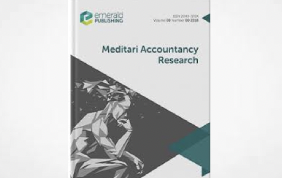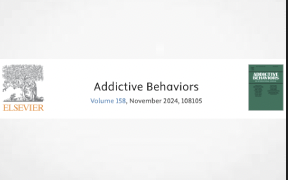AUTHORED BY: JORDAN ZOOT
https://abizinabox.com/author/abizinabox/
- Harborside – Further Reflections –
- What does the Tax Court’s decision in Harborside mean for Harborside?
- What does the Tax Court’s decision in Harborside mean for California’s cannabis industry?
Harborside was slammed financially by Judge Mark V. Holmes in the Tax Court opinion issued November 29, 2018. The November 29th opinion addressed solely the substantive income tax deficiencies asserted against Harborside. Judge Holmes reserved the penalties issue for a second opinion. It is likely Judge Holmes decided to address penalties in a second opinion in order to address the issue raised by the Graev case which was decided by the Tax Court during the period the Harborside case was pending opinion.
We estimate Harborside’s income tax deficiency with penalties and interest will approach a $20M liability. Harborside should be able to survive a $20M federal income tax liability, but such a liability does not encompass all of Harborside’s federal income tax problems. The years before the Tax Court in the case decided November 29th were 2007-2012. Harborside appears to have at least doubled its revenue in the six succeeding years. Harborside may have a substantially larger federal income tax liability for the six succeeding years – 2013-2018.
The magnitude of the federal income tax liabilities belies the significance of Judge Holmes’ opinion for California’s cannabis industry. The opinion in the Harborside case points out that Harborside utilized an income tax inefficient operating structure and methodology for its dispensary operations. Judge Holmes recitation of all of the issues he decided against Harborside is the handwriting on the wall for California’s cannabis industry. Those dispensaries that utilized the model created by Harborside that have not yet adjusted operating structures are facing the same treatment as Harborside when audited.
Harborside is well-advised. We are confident Harborside anticipated Judge Holmes’s November 29th decision. We are confident that between 2012 and 2018 Harborside restructured itself into multiple operating entities that in part utilize entities that minimize the income tax costs of operating businesses in California’s cannabis industry. Any California cannabis business that followed Harborside’s lead with regard to its operating structure and methodology that has not yet reevaluated would be well-advised to promptly do so.
The Harborside opinion also adds weight to an opinion we earlier expressed. We pointed out a couple of weeks ago that Cannabis Cooperative Associations provide a number of tax and operating advantages for California cannabis businesses over conventional business entity structures. The operation of a substantial portion of the business activities that move cannabis from the cultivator to consumer through a Cannabis Cooperative Association eliminates several of the issues on which Harborside lost in the November 29th opinion.
Finally, we wonder if there will be any consequences for the contemplated financing transaction involving FLRish Inc.

















